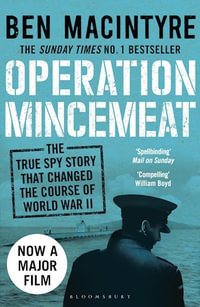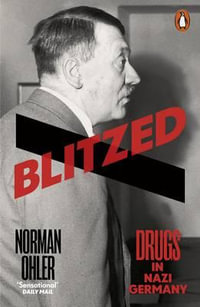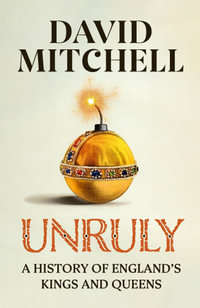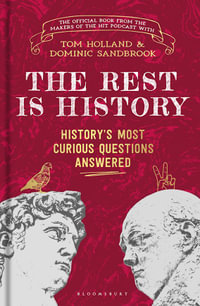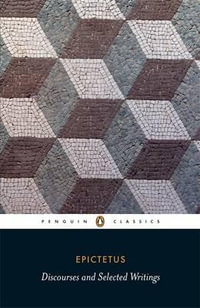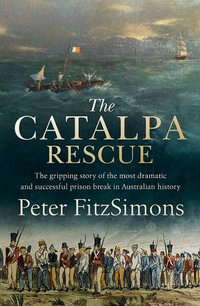Today it often appears as though the European Union has entered existential crisis after decades of success, condemned by its adversaries as a bureaucratic monster eroding national sovereignty: at best wasteful, at worst dangerous.
How did we reach this point and how has European integration impacted on ordinary people's lives - not just in the member states, but also beyond? Did the predecessors of today's EU really create peace after World War II, as is often argued? How about its contribution to creating prosperity? What was the role of citizens in this process, and can the EU justifiably claim to be a "community of values"?
Kiran Klaus Patel's bracing look back at the myths and realities of integration challenges conventional wisdoms of Europhiles and Eurosceptics alike and shows that the future of Project Europe will depend on the lessons that Europeans derive from its past.
Industry Reviews
'Confused about the EU? How it has morphed through seventy years of committees, changing names and structures, accessions of new members, successive treaties, evolving capacities, and its current existential tensions? Kiran Klaus Patel's Project Europe is the essential institutional history and user's manual for making it as clear as it can ever be.' Charles S. Maier, author of Once within Borders: Territories of Power, Wealth, and Belonging
'Project Europe is a fascinating reflection on themes in the history of the European Community. It is authoritative, insightful, entertaining, thought provoking, original, and highly readable. The acuity of Patel's approach to the subject leaps out of every page.' Desmond Dinan, author of Europe Recast: A History of European Union
'Patel has written an excellent critical history of European integration that looks at its subject from new angles and compels the reader to realize that the history of the EU is anything but a story of gradual institutional progress towards a politically unified continent.' Mark Gilbert, author of European Integration: A Concise History
'This is a critical but sympathetic history of European integration which strips away many of the popular myths in order to appreciate the EU's real achievements and to refocus the discussion about its current crisis and future prospects.' Konrad H. Jarausch, author of Out of Ashes: A New History of Europe in the Twentieth Century
'Patel's study is the most stimulating attempt to understand the development of European integration process since Alan Milward's The European Rescue of the Nation State. Each of its thematic chapters brims with ideas and insight. This is a really important book.' Piers Ludlow, author of Roy Jenkins and the European Commission Presidency, 1976-1980: At the Heart of Europe
'A provocative and original interpretation of European integration, arguing that the EU's institutions, norms, economic power, and importance in Europe and the world developed primarily in the 1970s and 1980s. A must read for anyone interested in the past complexities, present problems and future prospects of the European project.' Mary Nolan, author of The Transatlantic Century: Europe and America, 1890-2010
'This book should be mandatory at school. It explains why Europe sometimes does well and sometimes not, why it survives increasingly severe crises, why it is so difficult to understand, and also why it is both super-powerful and totally powerless. Patel notes that European integration does not follow a master plan, but rather is the product of constant improvisation and transformation. When you look at it like that, you understand better what kind of animal you are dealing with.' Caroline Du Gruyter, NRC Handelsblad
'This is an excellent critical history of the EU, providing unique and original insight into foundational aspects of a process that has profoundly shaped, and continues to transform, Europe and beyond.' T. Davis, Choice
'... it should be seen as one of the best syntheses in the field, paying an elegant tribute to the most innovative academic research while overcoming its daunting diversity and its various teleological tendencies.' Laurent Warlouzet, H-Net Reviews
'... incisive study ... deserves a wide readership.' Jonathan Stevenson, Counter-terrorism and Intelligence








